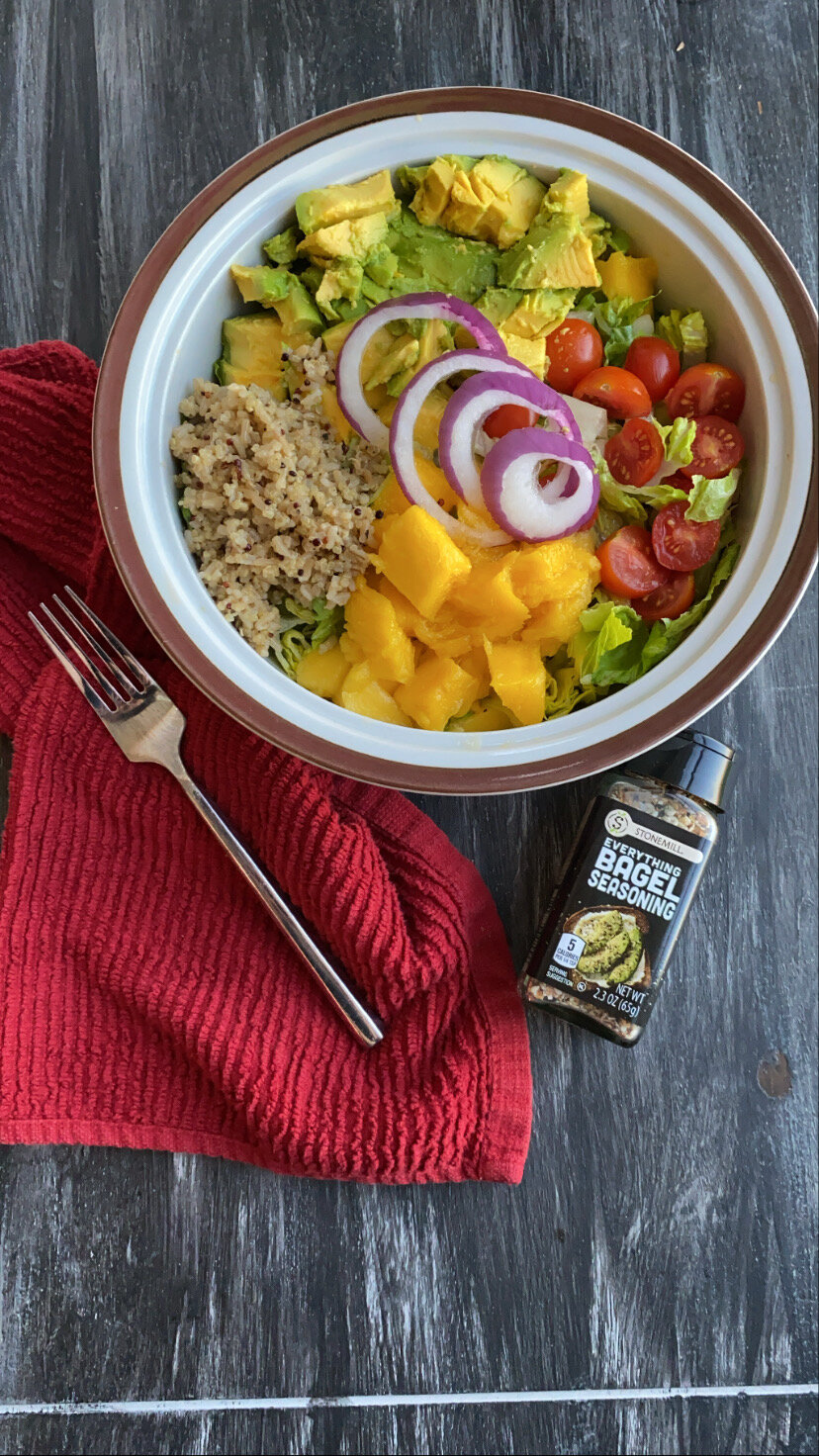Why an alkaline diet can save your life
You may be surprised to know that the best diet, not just for fighting disease but for longevity, is an alkaline diet. If your high school science class was the last time you heard about acids and alkalines, you’re in for some great news that could add years to your life.
According to the Journal of Environmental Health, “Achieving pH balance by eating an alkaline diet can be helpful in reducing morbidity and mortality from numerous chronic diseases and ailments, including hypertension, diabetes, arthritis, vitamin D deficiency, and low bone density.”
FYI, pH means the “potential of hydrogen,” which measures the acidity/alkalinity of our body’s fluids and tissues.
Highly alkaline foods, including fresh vegetables, fruits, and unprocessed plant-based proteins, create more alkaline blood and urine pH levels, “which help protect healthy cells and balance essential mineral levels. This can be especially important for women doing intermittent fasting or following a keto diet, as hormone levels can be altered,” explains a website by Dr. Josh Axe, a certified doctor of natural medicine and clinical nutrition.
“Alkaline diets have been shown to help prevent plaque formation in blood vessels, stop calcium from accumulating the urine, prevent kidney stones, build stronger bones, reduce muscle wasting and spasms, and much more.”
Dr. Axe’s site adds: “Your pH is partially determined by the mineral density of the foods you eat. All living organisms and life forms on earth depend on maintaining appropriate pH levels. It’s often said that disease and disorder can’t take root in a body that has a balanced pH.
“Protein and grain foods, with a low potassium intake, produce a (bad) diet acid load, net acid excretion, increased urine calcium, and release of calcium from the skeleton, leading to osteoporosis.
“The alkaline diet aims to prevent this from happening by carefully taking food pH levels into consideration in an attempt to limit dietary acid intake. Human life requires a very tightly controlled pH level of the blood of about 7.36 - 7.4. As Forbe’s magazine puts it, ‘Our bodies go to extraordinary lengths to maintain safe pH levels.’”
Consuming too many acidic foods (sometimes called acid ash foods) can impact your pH and lead to acidosis. So what’s the easiest way to follow an alkaline diet? Dr. Axe recommends:
--Eat organic alkaline foods, as our foods’ soil matters.
--Consume fresh uncooked fruits and vegetables, which promote alkalinity. Top picks include mushrooms, citrus, dates, raisins, spinach, grapefruit, tomatoes, avocado, black radish, alfalfa grass, barley grass, cucumber, kale, jicama, wheat grass, broccoli, oregano, garlic, ginger, green beans, endive, cabbage, celery, red beet, watermelon, figs, and ripe bananas.
--Drink alkaline water. Distilled water is fine, or add pH drops, lemon, lime, or baking soda to regular water to boost its alkalinity.
--Consider testing your pH level. Health food and drug stores sell strips for testing urine or saliva for pH levels. The best time to test your pH is one hour before a meal, or two hours after. Saliva should be between 6.8 - 7.2.
--Avoid acidic foods, including high-sodium and processed foods, cold cuts, processed cereals, eggs, caffeinated drinks, alcohol, milk peanuts, walnuts, pasta, rice, bread, and even oats and whole wheat products.
Other things that may help include more exercise and dietary fiber, plus less exposure to household chemicals, food colorings, and pesticides.
If you want to get started, consider juicing these ingredients to make one of Dr. Axe’s alkalizing juices: 2 carrots, 1 cucumber, ¼ head cabbage, 1 cup spinach/kale, ½ lime, and 1 knob ginger.
As a Juice Therapist these are just some of my pro tips. If you are looking for some recipes to do a juice cleanse or want to know more about the benefits of a juice cleanse, check out Evie’s Enlivening Juice List featuring my enlightened list of juicing essentials plus some of my favorite recipes to get started.

